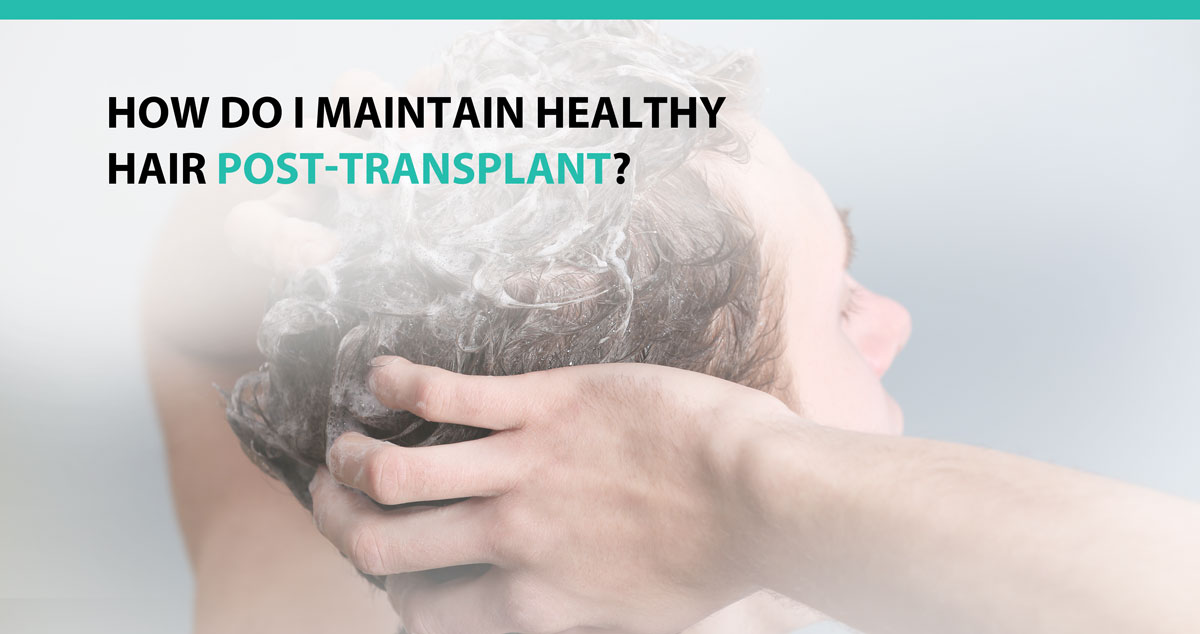
You’ve completed your Hair Transplantation with a specialist like Dr. Joseph Williams, and you’re ready to share your new do with the world, but you want to make sure your new look is permanent, right? Here are two helpful tips for how you can make sure to get the most out of your new look.
Be Gentle!
Your body heals pretty quickly, but it still takes time for permanent adaptations to surgical procedures. That means you need to be gentle and cautious whenever possible with your transplanted hair – especially when it’s wet!
It may seem counterintuitive, but wet hair is more susceptible to damage than dry hair! You heard that correctly. That means that when you are working with sweaty hair, swimmer’s hair, rainy-day hair, or shower hair, you need to be more careful than normal. Fortunately, it’s pretty easy to cover your head with a hat or other item in most cases, but when you shower and wash your hair we recommend a few precautions:
- Normal towels are quite rough, so try microfiber towels or old cotton shirts to dry your hair instead to avoid causing damage!
- Gently comb and untangle your hair before you wash it – this will help make sure you have less strain on the roots and hair during the washing and drying process.
- Keep a widely-spaced comb on hand to use while conditioning your hair – the conditioner will make it more pliable and allow you to distribute the product evenly while minimizing damage.
- Don’t overuse shampoo! It’s easy to want to use a lot of shampoo, but too much can cause damage and lead to buildup or other problems with your hair – moderation is key!
- Avoid excessive heat on your scalp. Use a hair dryer that has a cooler option on it, and avoid treatments that have temperatures over 300 degrees (less is better!), particularly on the transplanted areas.
Watch What You Eat!
It’s no secret that diet affects every aspect of your body, and hair is no exception. There are a lot of elements of diet that are proven to affect hair in a variety of ways, both good and bad, but it can be difficult to discern what works best for you.
Consider the following options to keep your transplanted hair looking great! Most importantly, check with your Hair Transplantation specialist, like Dr. Joseph Williams, or your primary care provider before changing any of your dietary routines or habits.
-
Try increasing Omega-3 fatty acid intake, whether through more fish in your diet or dietary supplements. While there is only a small amount of evidence supporting this so far, there is some research that shows that Omega-3 improves hair growth, shine, and thickness.
However, Omega-3 does provide other health benefits as well, including: improved heart health; arthritis relief; Alzheimer’s prevention; and reducing risk of age-related vision loss.
-
Make sure you get enough Vitamin D. Recent studies have shown a correlation between Vitamin D deficiency and Male and Female Pattern Hair Loss, and there is some evidence that replenishing and maintaining Vitamin D levels reverses damage caused by deficiency.
It is worth noting that not everyone’s Hair Loss is caused by Vitamin D deficiency, but Vitamin D is an important part of a healthy lifestyle anyway, so ensuring appropriate intake is beneficial for you overall, and if you’re healthier overall, so are your skin and hair!
Vitamin D can be taken as a supplement, absorbed directly from the sun (with your Hair Transplants covered!), red meat, egg yolk, and other enhanced foods.
-
Ensure adequate intake of Zinc and Iron, but make sure to check with your doctor before changing any intake of these two elements!
Zinc and Iron, along with Sulfur and Selenium, improve oxygen flow to blood vessels, which includes those connected to your hair follicles. Improved blood flow means healthier, longer-lasting hair!
Zinc and Iron can both be added to your diet through supplements, but they can be found in many naturally-occurring places as well. Shellfish, legumes, nuts, and seeds tend to be high in Zinc, for example, while red meat, spinach, liver, turkey, and pumpkin seeds tend to be high in Iron.
-
Look for ways to add Beta Carotene, Folate, and Vitamin C to your diet. All three of these nutrients help create and maintain healthier scalp oils for natural hair protection, which will allow you to encourage hair health naturally on top of the conditioning process.
Vitamin C is also important on its own because it helps improve circulation overall in your body, which includes the scalp! Once again, healthy blood flow to the scalp will improve the natural health of your hair and help you maintain that new look for longer.
Overall Health Can Impact Hair Transplant Care
It is essential that you remember that maintaining a healthy lifestyle can improve the chances that your Hair Transplantation will remain in great shape, and that you will have the best possible results from the procedure.
This doesn’t mean you can’t still have fun, but remember – everything in moderation!
As always, listen to your Hair Transplantation specialist and your primary care provider about your health, and ask both of them before undertaking any changes to your diet or care routines to avoid causing potential problems with any other medications or treatments you might currently be under.
Dr. Joseph Williams will make sure to work with your primary care provider to make the process as seamless as possible, and work with you to maximize the positive results for your new look.
Still undecided? Contact Dr. Williams to schedule your consultation and learn how he can help you discover your new look today!










